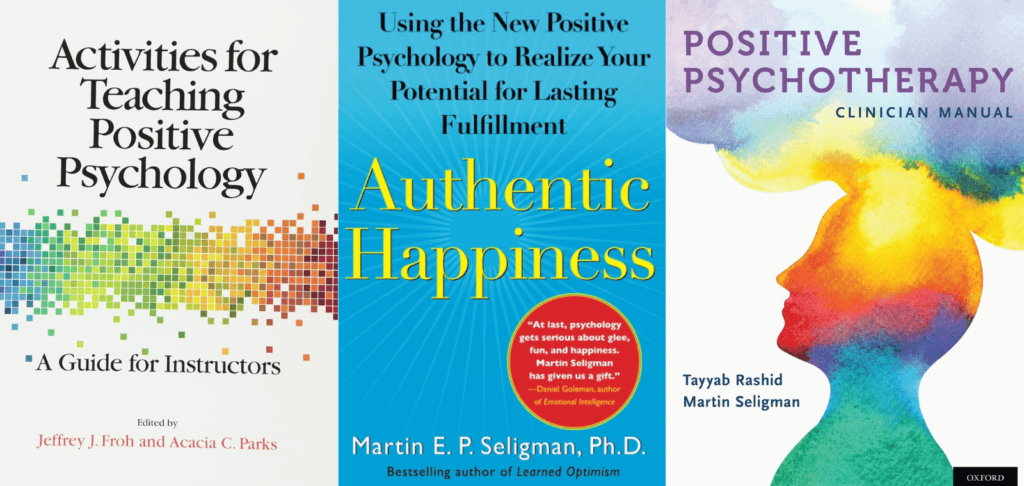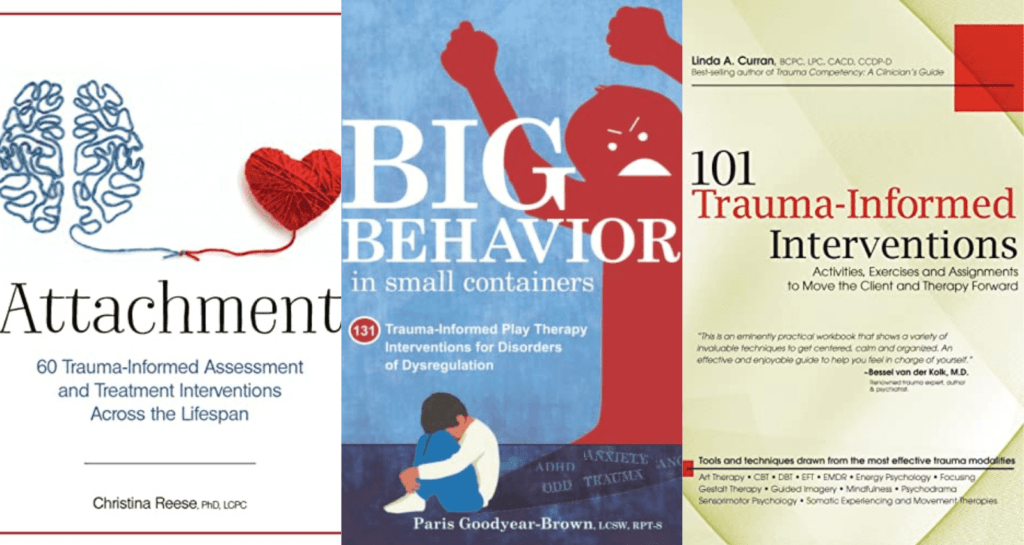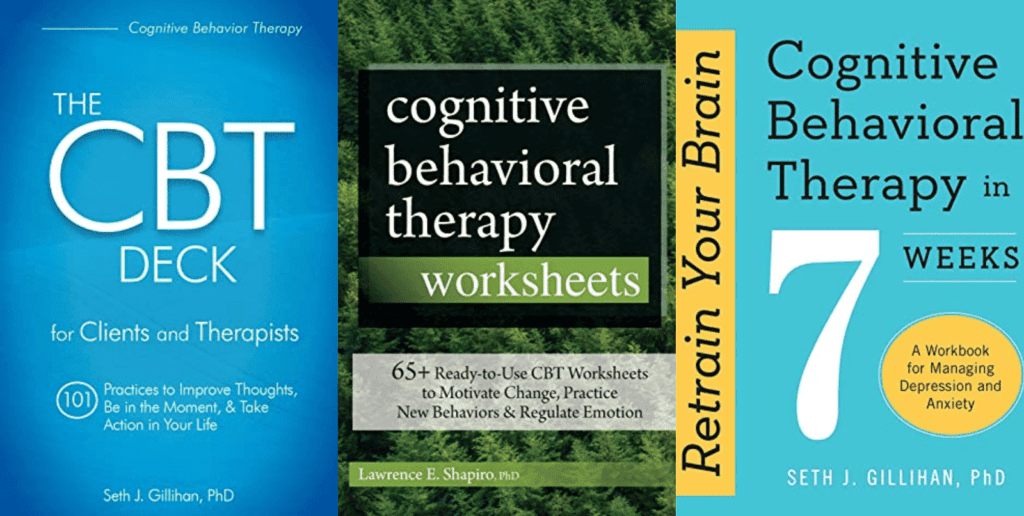The following are some of the best positive psychology books.
- What Is Positive Psychology?
- Best Positive Psychology Books
- 1. Positive Psychology
- 2. Authentic Happiness
- 3. Positive Psychology
- 4. Positive Psychotherapy
- 5. Activities for Teaching Positive Psychology
- 6. Practicing Positive Psychology Coaching
- 7. Positive Psychotherapy: Workbook
- 8. The Happiness Advantage
- 9. Positive Psychology In A Nutshell
- 10. Positive Psychology (The Basics)
- How Positive Psychology Books Can Help?
- Conclusion
Disclosure: Some of the links below are affiliate links. This means that, at zero cost to you, I will earn an affiliate commission if you click through the link and finalize a purchase.
What Is Positive Psychology?
Positive psychology is a branch of psychology that focuses on the study of what makes life worth living and how individuals can thrive.
Rather than solely looking at psychological disorders or problems, positive psychology aims to understand and enhance human well-being, happiness, and optimal functioning.
This field of psychology emerged in the late 1990s as a response to the traditional focus on pathology and illness in psychology.
It seeks to shift the emphasis towards understanding and promoting positive aspects of human experience, such as positive emotions, strengths, positive relationships, resilience, and personal fulfillment.
Positive psychology is grounded in scientific research and evidence-based practices.
Its primary goal is to uncover the factors that contribute to human flourishing and to develop practical interventions that help individuals lead more fulfilling lives.
Through the examination of positive emotions, character strengths, and positive institutions, positive psychology aims to enhance individual well-being and overall societal well-being.
Some of the key areas of focus within positive psychology include gratitude, optimism, resilience, mindfulness, flow, self-compassion, and meaningful relationships.
Positive psychology interventions often involve strategies like practicing gratitude exercises, cultivating mindfulness, engaging in acts of kindness, and fostering positive social connections.
Ultimately, positive psychology aims to provide individuals with tools and techniques to enhance their well-being, build resilience, and lead more fulfilling lives by focusing on their strengths and cultivating positive emotions and experiences.
Best Positive Psychology Books
1. Positive Psychology
By Dr. Shane J. Lopez, Jennifer Teramoto Pedrotti, Charles Richard Snyder

The book delves into various topics, including happiness, resilience, character strengths, optimism, and positive relationships. It presents evidence-based strategies and interventions that can be utilized to promote positive emotions, improve mental health, and cultivate a fulfilling life. The authors emphasize a strengths-based approach, focusing on individuals’ abilities, talents, and potential for growth and resilience.
Related: Best 10 Group Therapy Books
2. Authentic Happiness
By Martin E. P. Seligman

Seligman introduces readers to the field of positive psychology and its goal of studying what makes life worth living. He discusses various theories and research findings on happiness and provides practical strategies for individuals to enhance their own well-being. The book emphasizes the importance of identifying and utilizing one’s unique strengths and values in order to lead a more fulfilling and meaningful life.
Related: Best 9 Nonfiction Books About Mental Health
3. Positive Psychology
By William C. Compton, Edward L. Hoffman

The book begins by introducing readers to the core concepts and historical roots of positive psychology. It delves into various aspects of well-being, such as positive emotions, engagement, relationships, meaning, and accomplishment. Compton and Hoffman discuss the importance of developing a positive mindset and provide evidence-based strategies for enhancing personal resilience, optimism, and overall psychological well-being.
Throughout the book, the authors highlight the latest research from the field of positive psychology, providing readers with insights into what contributes to a fulfilling and meaningful life. They discuss topics such as positive interventions, character strengths, mindfulness, and the role of positive psychology in different contexts, including education, healthcare, and organizations.
Related: Best 10 Acceptance And Commitment Therapy Books
4. Positive Psychotherapy
By Tayyab Rashid, Martin P. Seligman

Rashid and Seligman begin by introducing the core concepts of positive psychotherapy and its theoretical foundations. They explore the importance of positive emotions, character strengths, and positive relationships in promoting psychological well-being. The authors emphasize the role of optimism, gratitude, and meaning in life as key factors for flourishing.
The manual covers various therapeutic techniques and interventions, such as strength spotting, savoring, problem-solving, and goal-setting. It offers practical tools to help clinicians assess clients’ strengths and resources, as well as strategies for building resilience and coping with adversity. Additionally, Rashid and Seligman provide guidance on integrating positive psychotherapy into different therapeutic modalities, including cognitive-behavioral therapy and mindfulness-based approaches.
Related: Best 10 Narrative Therapy Books
5. Activities for Teaching Positive Psychology
By Jeffrey Froh PsyD, Acacia C. Parks PhD

Froh and Parks begin by introducing the fundamental theories and research behind positive psychology, emphasizing the importance of well-being, happiness, and flourishing. They provide an overview of key topics such as positive emotions, character strengths, resilience, gratitude, and mindfulness.
The book offers a wide range of activities that can be used to foster positive psychological development in students. These activities are organized into thematic chapters, each focusing on a different aspect of positive psychology. Examples of activities include reflective writing exercises, group discussions, role-playing scenarios, and interactive games.
Related: Top 100 Therapy Questions
6. Practicing Positive Psychology Coaching
By Robert Biswas-Diener

Biswas-Diener begins by introducing the core principles and theories of positive psychology and how they can be applied to coaching. He emphasizes the importance of focusing on strengths, cultivating positive emotions, setting meaningful goals, and building resilience.
The book offers a range of assessments that coaches can use to measure clients’ strengths, values, and well-being. These assessments provide valuable insights into clients’ resources and areas for growth, allowing coaches to tailor their coaching approach accordingly.
Furthermore, the book provides numerous activities and interventions that coaches can use to facilitate positive change in their clients. These activities are designed to enhance self-awareness, promote positive thinking, develop new skills, and build positive relationships.
Biswas-Diener also addresses common challenges faced by coaches and provides strategies for overcoming them. He explores ethical considerations, cultural sensitivity, and ways to navigate difficult coaching situations.
Related: Best 12 Books For Therapists
7. Positive Psychotherapy: Workbook
By Tayyab Rashid, Martin Seligman

Rashid and Seligman begin by outlining the foundation of positive psychotherapy, which is based on the understanding that focusing on strengths, positive emotions, and meaningful engagement can lead to increased well-being and improved mental health.
The workbook provides various exercises, activities, and reflection prompts that allow readers to actively participate in their own therapeutic journey. These exercises are designed to promote self-reflection, increase self-awareness, and foster personal growth.
The authors also address common psychological challenges, such as anxiety and depression, and provide practical tools to help individuals navigate through these difficulties using a positive psychology framework. They emphasize the importance of building positive relationships, cultivating optimism, and practicing self-compassion.
Related: Best 23 Therapist Gifts Ideas
8. The Happiness Advantage
By Shawn Achor

The book delves into the concept of the “happiness advantage,” which suggests that happiness precedes success and not the other way around. Achor provides scientific studies and real-life examples to support this claim, demonstrating how cultivating a positive mindset can lead to improved performance, increased productivity, and enhanced well-being.
Throughout the book, Achor offers practical strategies and actionable steps to incorporate these principles into daily routines. He provides exercises and techniques to reframe negative thinking patterns, develop habits of gratitude, foster positive social connections, overcome challenges, and create a positive work environment.
Related: Best 10 CBT Therapy Books
9. Positive Psychology In A Nutshell
By IlonaBoniwell

Boniwell explores the core concepts and principles of positive psychology, which focuses on understanding what makes life worth living and how to cultivate positive emotions, strengths, and meaning in life. The book emphasizes evidence-based approaches and interventions that have been scientifically proven to promote well-being.
Throughout the book, Boniwell addresses a range of topics including positive emotions, character strengths, personal values, motivation, resilience, relationships, and the pursuit of happiness. She breaks down complex psychological theories into digestible explanations, making it accessible to readers with varying levels of knowledge in the field.
Related: CBT Worksheets Bundle (FREE PFD Download)
10. Positive Psychology (The Basics)
By Rona Hart

Hart delves into the science of positive psychology, which focuses on studying the factors that contribute to human flourishing and well-being. The book covers various topics such as positive emotions, character strengths, resilience, optimism, gratitude, and the importance of meaningful relationships.
Throughout the book, Hart offers evidence-based strategies and interventions that individuals can incorporate into their daily lives to enhance their well-being. By drawing from empirical research, she emphasizes the importance of evidence-based practices when seeking to improve one’s overall happiness and life satisfaction.

How Positive Psychology Books Can Help?
Positive psychology books can be a valuable resource for individuals seeking to enhance their well-being, cultivate positive emotions, and improve their overall quality of life.
These books are typically grounded in scientific research and provide evidence-based strategies and practices that can promote psychological well-being.
Here are some ways in which positive psychology books can help:
1. Education and Knowledge
Positive psychology books provide a comprehensive understanding of the concepts, theories, and empirical findings within the field.
They offer insights into the science behind positive emotions, happiness, resilience, and other aspects of well-being.
By gaining knowledge about these topics, individuals can develop a deeper understanding of themselves and others, leading to improved self-awareness and personal growth.
2. Practical Strategies
Many positive psychology books offer practical exercises and interventions that individuals can implement in their daily lives.
These strategies may include gratitude exercises, mindfulness practices, techniques to enhance positive relationships, and methods to build resilience.
By engaging in these exercises, readers can actively apply positive psychology principles and experience improvements in their overall well-being.
3. Perspective Shift
Positive psychology books often challenge negative thought patterns and encourage readers to adopt a more positive and optimistic outlook on life.
By shifting one’s perspective to focus on strengths, gratitude, and positive experiences, individuals can develop a more optimistic mindset and improve their overall emotional well-being.
4. Inspiration and Motivation
Reading about real-life stories of individuals who have overcome adversity or achieved personal growth can provide inspiration and motivation.
Positive psychology books often share inspiring accounts of resilience, personal transformation, and finding meaning in life.
These stories can offer hope and encouragement to readers, motivating them to make positive changes in their own lives.
5. Self-Reflection
Positive psychology books often include reflection exercises, questions, and prompts that encourage readers to engage in introspection and self-reflection.
This introspective process can help individuals gain insight into their values, strengths, and goals, leading to greater self-awareness and an increased sense of purpose.
Conclusion
While positive psychology books can be beneficial, they are not a substitute for professional mental health support.



